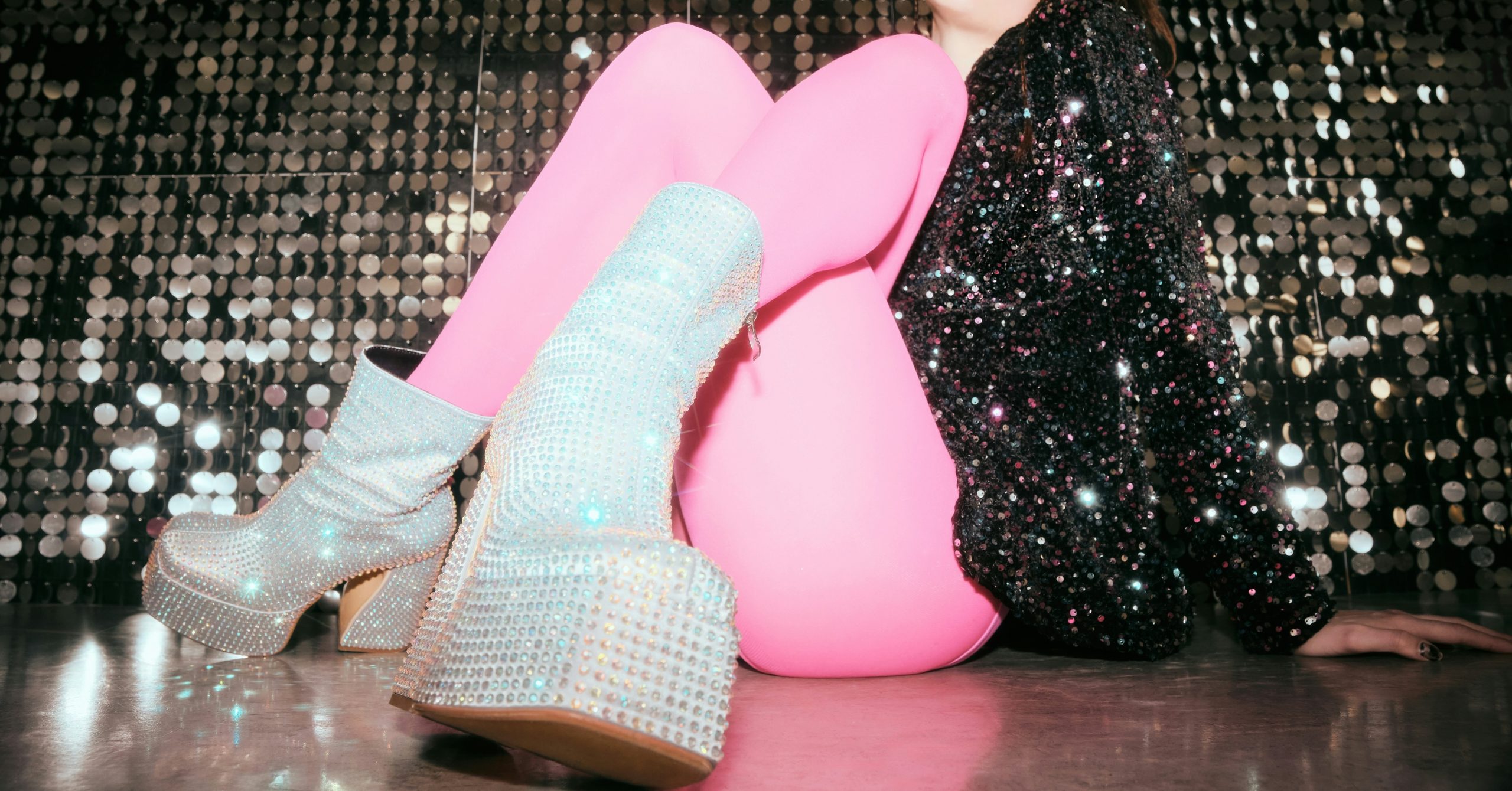Books & Culture
REVIEW: Love Me Back by Merritt Tierce

by Courtney Maum

When I started reading Merritt Tierce’s debut novel about a self-destructive waitress, by page four I thought Tierce had penned the greatest restaurant book on earth. By page six, when protagonist Marie is telling a man she’s had a threesome with and his fiancé about the Christmas dinner specials, I had the shivers: when the fiancé reels about how heavy Marie’s tray looks, Marie quips “If I throw my back out I’ve got your man’s number,” to customers delighted to have landed the table manned by the smart girl. From the get-go, it’s clear that this is an author who understands the perverse power that comes from allowing our female bodies to be used. Which is to say: this is a book that talks about how powerful and fragile and dangerous it is to be a woman living, working, and reproducing in the world we know today.
Love Me Back is restaurant fiction, but it’s mother fiction, too. We meet Marie when she’s a single mom working at a four-star Dallas steakhouse, but we get glimpses of her life when she was a younger and less careful waitress at chain places like Chili’s where she gets fired for selling Vicodin leftover from a dental job. Our Marie is unflappable behind her apron’s armor, so time-tested and ass-grabbed that Danny, the drug-addled general manager at the steakhouse (called “The Restaurant”) assures her that she’s “golden” there. But on her time off, the one constant that hums through this woman’s spiraling body is the siren pull of the baby daughter she didn’t expect, but birthed, and loved, and abandoned, and loves, and keeps abandoning again.
In a book so visceral and vitriolic that Tierce’s insights come at you like thrown acid, it’s hard to pin down the one thing that should make you read it. But for the mothers out there, Tierce has captured the frantic desire to both protect and expel these creatures that come out screaming, red-faced from us, expecting the whole world. Marie is a young mother with a lifetime of truly terrible decisions at her back, and the thing that is so heart-wrenching about her struggle is that Marie is at her most maternal when she’s demoralizing herself.
In an unnamed chapter towards the novel’s end, having ignored her ex-husband’s calls that carry news of their daughter’s illness, Marie returns home with a sex-partner she calls “The Hateful Man” and unplugs her ringing phone to allow him to fuck her doggy style against the couch. When he goes at her too hard and hurts his cock, Marie’s remorse is only for her girl: “I’m sorry, I said again, and I put on my clothes. All I could think about was you, feverish, hurting, wanting me.” Another time, after a threesome with a fellow waiter and his brother that kept her up all night, she returns home to shower and take a morning-after pill and call her daughter who’s getting up for school. “I hear her high-pitched voice say Hi Mama and I hear her crunching toast. I ask her what kind of jelly she’s having today.” During one of the rare days when Marie has her daughter with her, Marie brands her neck with a fondue skewer while her daughter watches re-runs of The Cosby Show, waiting for the laugh track to cover the sound of her burning skin. “You ask to touch it and you are fascinated by how the blister feels full but fragile. You say it’s gross but you want to do it again. You are skeptical. You say I should go to the doctor. You say What kind of bug would do that?”
The things that Marie does are gross, and the fact that she keeps doing them makes them more disturbing still. The inability of Marie to process the young life she’s expected to manage is summed up coarsely midway through the book when her four year-old — an early reader — is helping Marie memorize the different cow parts she needs to know for work. “You have a lisp and I tell you to say brisket over and over just so I can hear it. But when you fall asleep I go into the bathroom and do lines off the map of the steer…. You are so warm but I can’t stop shivering. I feel a soaring bliss — I adore you — I feel a plummeting ugly resentment — I am a pile of shit falling endlessly down a dark shaft.”
Marie is preternaturally gifted at her job, so collected and imperturbable, she’s often put on private room duty to man the escapades of show-off high rollers, thirty men or more. In her free time, she drops off work clothes to be starched and rehearses the ingredients in the chef’s hoisin sauce leading some of her colleagues to wonder, why can’t she nail down the mother thing if she’s so good at this? Why is she shirking her most important job?
“I don’t know what to give her,” she answers to the restaurant’s top grossing waiter and her favorite lover, Cal, when he asks why her daughter isn’t with her. Cal calls bullshit, saying you give “as much as you can”, with love and attention to start. “I want to do it right,” Marie says. “Not much as I can, just right.”
But Love Me Back dares to question what “right” looks like. In a three month time span, Marie fucked (fucked, not slept with) over thirty men who either work at or patronized the steakhouse, and snorted her weight’s worth in coke, but when she’s at her job, she’s “golden” — a currency that’s melted down to pay for her daughter’s after-school care and health insurance, with a third leftover for the child’s dad. On alternate weekends, her daughter gets dropped off at The Restaurant to enjoy a Shirley Temple before going home to her mother’s clean apartment, where Marie is so consumed by love for this creature she’s created, she cuts initials into her skin and presses hot iron to her flesh while her daughter watches TV. Not since Isabelle Hupert in The Piano Teacher have we encountered a woman so incapable of bearing the weight of being loved.
If we can wish one thing for Marie and her creator, Merritt Tierce, it’s that this book will put the term “unlikeable character” to rest. I didn’t like this bone-worked, maddening, cavernous mother, I loved her all the way to her rotted core, and rooted for her — still root for — this modern woman doing the worst version of her best.









